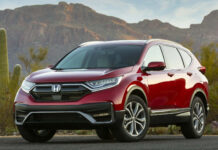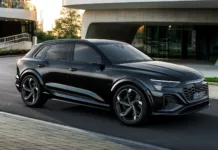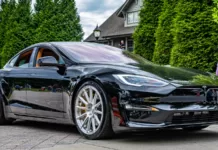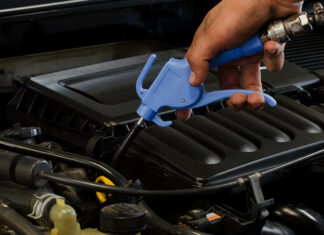A Turning Point for US Auto Dealers: The Unstoppable Electric Car Revolution
US Auto Dealers and Electric Cars are undergoing a profound change, and US auto dealers are facing a turning point as electric cars gain a stronger foothold in the market. In the past decade, electric cars have gone from being a niche product for early adopters to a mainstream option for car buyers. The rapid advancement of technology, increased government incentives, and a growing awareness of the environmental impact of gasoline-powered vehicles have all contributed to this trend.
As a result, US auto dealers and Electric Cars are facing the challenge of adapting to this new reality and finding ways to remain competitive in a rapidly evolving marketplace. This article will explore the current state of the electric car market in the US, the opportunities and challenges facing auto dealers, and the steps they can take to successfully navigate this new landscape.

The Electric Car Market in the US: Current Trends and Future Prospects
The electric car market in the US is growing at a rapid pace. In 2020, electric cars made up just 2.8% of total vehicle sales in the US, but by 2040, it is projected that they will make up 58% of all new vehicle sales. This growth is driven by several factors, including the decreasing cost of electric car batteries, the increasing availability of charging infrastructure, and the growing awareness of the environmental benefits of electric cars.
The decrease in battery costs is particularly significant, as it has made electric cars more affordable for a wider range of consumers. The price of lithium-ion batteries, the primary component of electric car batteries, has fallen by 80% over the past decade. This has made electric cars more accessible to a wider range of consumers and has contributed to their growing popularity.
Opportunities and Challenges for US Auto Dealers
The growing popularity of electric cars presents both opportunities and challenges for US auto dealers. On the one hand, electric cars offer a new source of revenue, as they typically have higher profit margins than gasoline-powered vehicles. On the other hand, electric cars require a different set of skills and expertise than gasoline-powered vehicles, and auto dealers must be prepared to adapt and invest in new training and infrastructure.
One of the biggest challenges facing US auto dealers is the need to provide a robust charging infrastructure for their customers. While electric cars can be charged at home, many buyers still expect to be able to charge their vehicles while on the road. Auto dealers must therefore invest in charging stations, and ensure that their staff is trained to assist customers with charging their vehicles.
Another challenge facing US auto dealers is the need to provide adequate training and support for their sales staff. While electric cars may be new to some customers, auto dealers must be able to provide knowledgeable and confident salespeople who can educate customers about the benefits of electric cars and answer their questions. This requires a significant investment in training and support but is essential for auto dealers to be able to compete in this new marketplace.

Steps US Auto Dealers Can Take to Successfully Navigate the Electric Car Revolution
Despite the challenges facing US auto dealers, there are several steps they can take to successfully navigate this new landscape.
- Invest in charging infrastructure: As mentioned above, providing a robust charging infrastructure is essential for US auto dealers to remain competitive in the electric car market. This requires a significant investment in charging stations, but it is a necessary step for auto dealers to be able to meet the needs of their customers.
- Provide training and support for sales staff: Auto dealers must ensure that their sales staff are trained and equipped to educate customers about the benefits of electric cars and answer their questions. This requires a significant investment in training and support, but It is essential for building customer trust and confidence in electric cars.
- Offer a range of electric car models: To meet the diverse needs and preferences of customers, auto dealers should offer a range of electric car models from different manufacturers. This will help to ensure that customers have a variety of options to choose from and will increase the likelihood of a successful sale.
- Embrace new technology: Electric cars are powered by cutting-edge technology, and auto dealers must be willing to embrace this technology and invest in the infrastructure necessary to support it. This includes things like electric car charging stations, advanced diagnostic tools, and specialized repair equipment.
- Foster a culture of innovation: Finally, auto dealers must foster a culture of innovation and adaptability, and be willing to embrace new ideas and strategies as the electric car market evolves. This means being open to new business models, such as direct-to-consumer sales or subscription-based models, and being willing to take calculated risks.
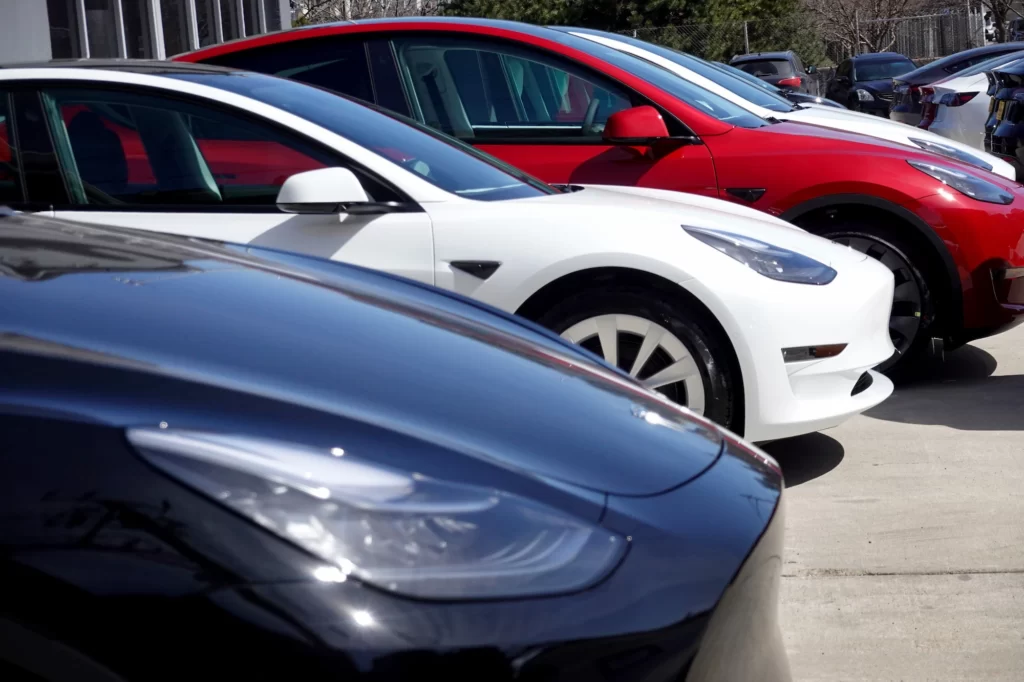
Conclusion
The electric car revolution is changing the face of the American auto industry, and US auto dealers are facing a turning point as they strive to remain competitive in this rapidly evolving marketplace. By investing in charging infrastructure, providing training and support for sales staff, offering a range of electric car models, embracing new technology, and fostering a culture of innovation, US auto dealers can successfully navigate this new landscape and thrive in the electric car market of the future.



